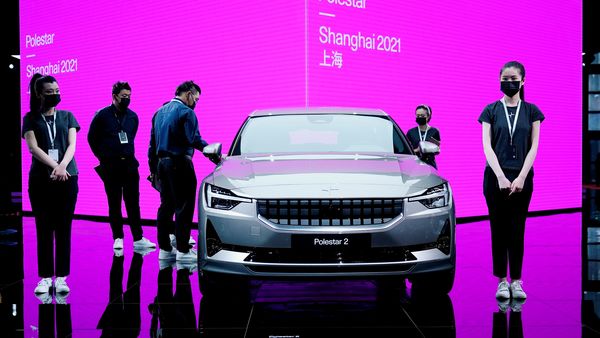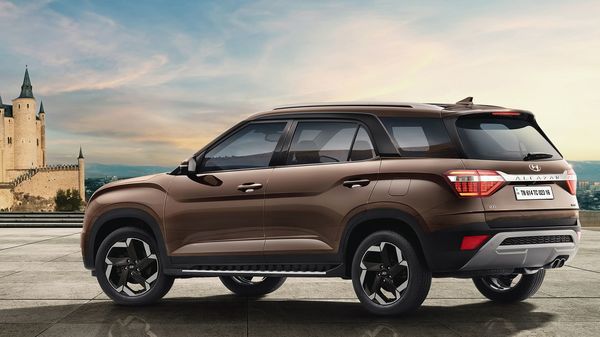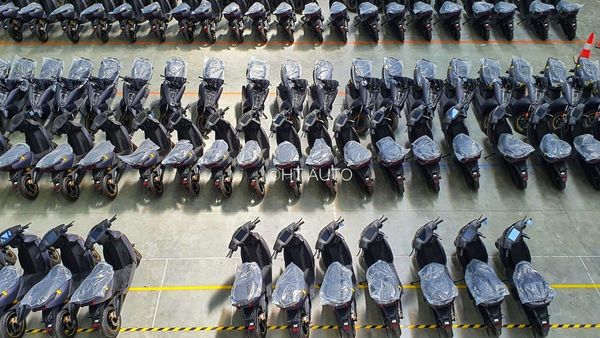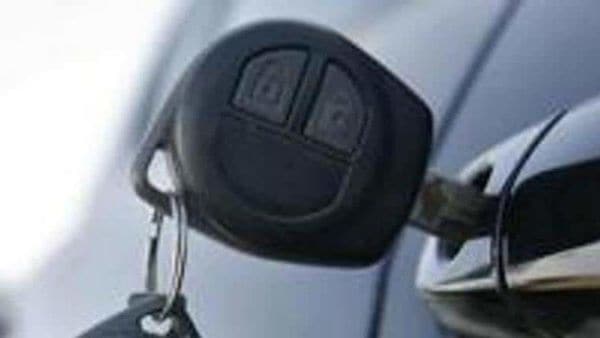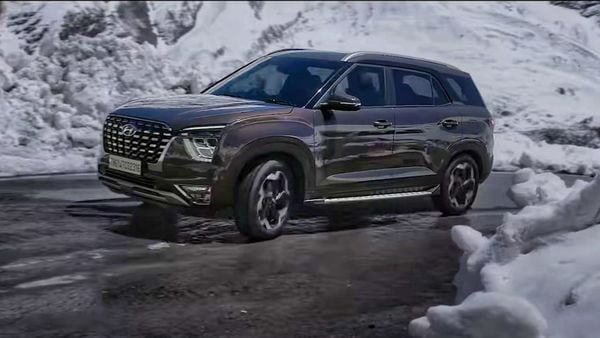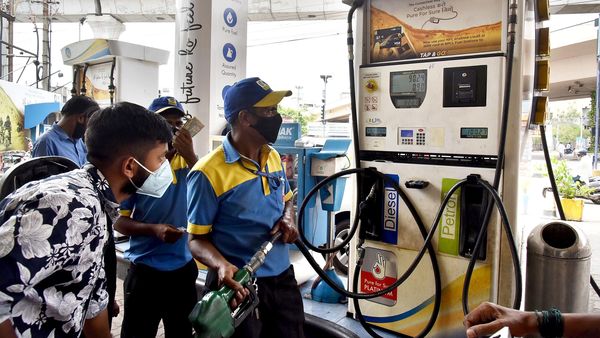China is already the world's largest market for electric vehicles and it could increase its lead when it comes to vehicles powered by alternate sources of energy in the years to come. Reuters recently reported, quoting an official of China Association of Automobile Manufacturers (CAAM), that the country could see an exponential rise in the number of new energy vehicles (NEV) sold and that the growth could be in the region of 40% in the next five years.
Fu Bingfeng reportedly made the prediction at a conference in Shanghai in which he outlined that sale of battery electric, plug-in hybrid and hydrogen fuel cell vehicles will hit 1.9 million in 2021 and then rise to 2.7 million in 2022. With local and global companies accelerating plans of ramping up operations, NEVs could well play an even bigger role than these do at present, as per Bingfeng.
Tesla is the leader when it comes to electric vehicles. The US automaker had wholesale sales of 33,463 in the month of May in China. This figure includes the 21,936 units sold in the domestic market here. But even as Tesla looks at expanding its already strong footprint here, local companies like Nio Inc, Xpeng Inc and BYD are trying to get in the fast lane.
One of the key factors powering the surge are tax exemptions for NEVs upto a certain price. There are strong indications that the Chinese government could extend these beyond 2022 in order to ensure that prospective customers opt for such vehicle
